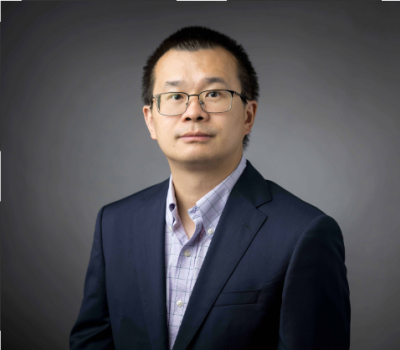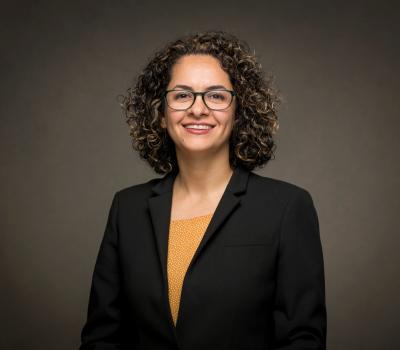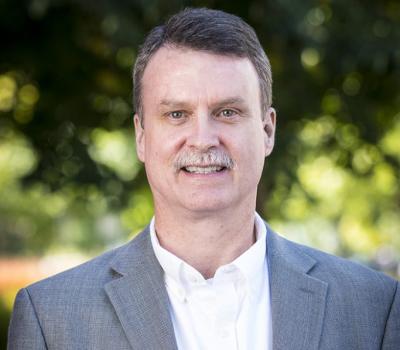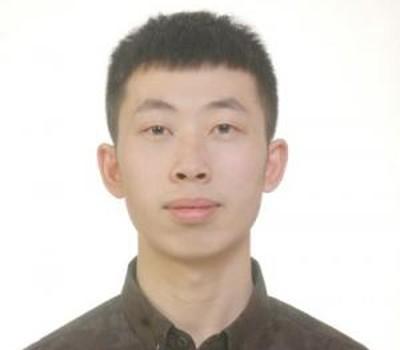"Advanced manufacturing is a family of activities that (a) depend on the use and coordination of information, automation, computation, software, sensing, and networking, and/or (b) make use of cutting edge materials and emerging capabilities enabled by the physical and biological sciences, for example nanotechnology, chemistry, and biology. It involves both new ways to manufacture existing products, and the manufacture of new products emerging from new advanced technologies.”
—President’s Council of Advisors on Science and Technology Report to the President on Ensuring American Leadership in Advanced Manufacturing (2012)
Research Areas
- Manufacturing cost modeling, sustainability assessment, energy efficient manufacturing, environmental life cycle assessment of novel manufacturing systems
- Powder metallurgy, design and manufacturing of high temperature alloys, additive manufacturing of multi-functional iron-based and nickel-based alloys and composites for energy and other high temperature applications
- Formulation of polymeric resins for polymer additive manufacturing including thermosets and smart/active polymers
- Precision motion control, and optimal trajectory generation for multi-axis machine tools, and intelligent machining process control
- Model-enhanced sensor design and characterization for in-situ monitoring of manufacturing processes, energy-efficient sensor networks, and MEMS-enabled sensor miniaturization and packaging
- Additive manufacturing of functional materials, carbon fiber composites, and metal matrix composites, bio-inspired manufacturing, and machine learning enabled manufacturing process optimization.
Advanced Manufacturing research in the School of MIME is highly interdisciplinary in nature spanning the fields of mechanical design, engineering mechanics, fluid dynamics, heat and mass transfer, thermodynamics, materials science, and system engineering and involving both experimental and computational efforts. Depending on the nature of the research, graduate students pursue degrees in Industrial Engineering, Mechanical Engineering, or Materials Science.
Advanced Manufacturing graduate students experience a rich, interdisciplinary environment supported by numerous research collaborations. We leverage academic opportunities by partnering with other engineering schools at Oregon State including Chemical, Biological and Environmental Engineering, Electrical Engineering and Computer Science, and Wood Science and Engineering. As well, we work closely within state-level collaboratives such as VertueLab and ONAMI (Oregon Nanoscience and Microtechnologies Institute). Research investigations span over the nano-, micro-, and macro- length scales, utilizing technologies housed at OSU’s Advanced Technology and Manufacturing Institute (ATAMI).
Our faculty have continuous engagement with industry; our partners include Boeing, HP, Intel, North American Hoganas, Oregon Tool, and Tektronix, as well as OMIC R&D member companies. In addition, our research has been supported by NASA, the U.S. Army, U.S. Department of Agriculture, U.S. Department of Energy, U.S. Department of Commerce, and U.S. National Science Foundation.
Our vision is to improve productivity, quality, cost efficiency, sustainability, and flexibility of current manufacturing paradigms, as well as conceive, investigate, and develop novel hybrid manufacturing techniques to enable the commercial realization of emerging products. Effective unit-process innovation and development derives from an understanding of the physical and chemical phenomena influencing manufacturing processes, as well as an integrative systems view. Therefore, key aspects of our research involve the creation and experimental validation of computational models of the physics behind tool-material interactions in manufacturing processes, as well as the modeling and understanding of machine tool dynamics and tool- machine interactions. This fundamental knowledge is supplemented with the study of the metrology and characterization techniques needed to monitor the quality of manufacturing production, and system-level assessment to assure commercial viability and sustainability.
Current areas of investigation in the field of process innovation and development at the Advanced Technology and Manufacturing Institute, a key research facility for the Advanced Manufacturing group, include:
- Additive manufacturing
- Machine tool dynamics and controls
- Machine learning-based process modelling and control
- Multi-material additive manufacturing
- Conductive materials for printed electronic devices
- Smart/active materials for smart structures
At the systems level, we utilize bottom-up cost and material-energy flow analyses of manufacturing systems to evaluate the economics and environmental impacts of competing manufacturing routes with the goal to streamline manufacturing production in the digital world prior to capital investment. Current research related to manufacturing systems includes:
- Design for manufacturing
- Industrial energy analysis
- Manufacturing cost modeling
- Sustainable manufacturing assessment
- Resilient manufacturing systems






